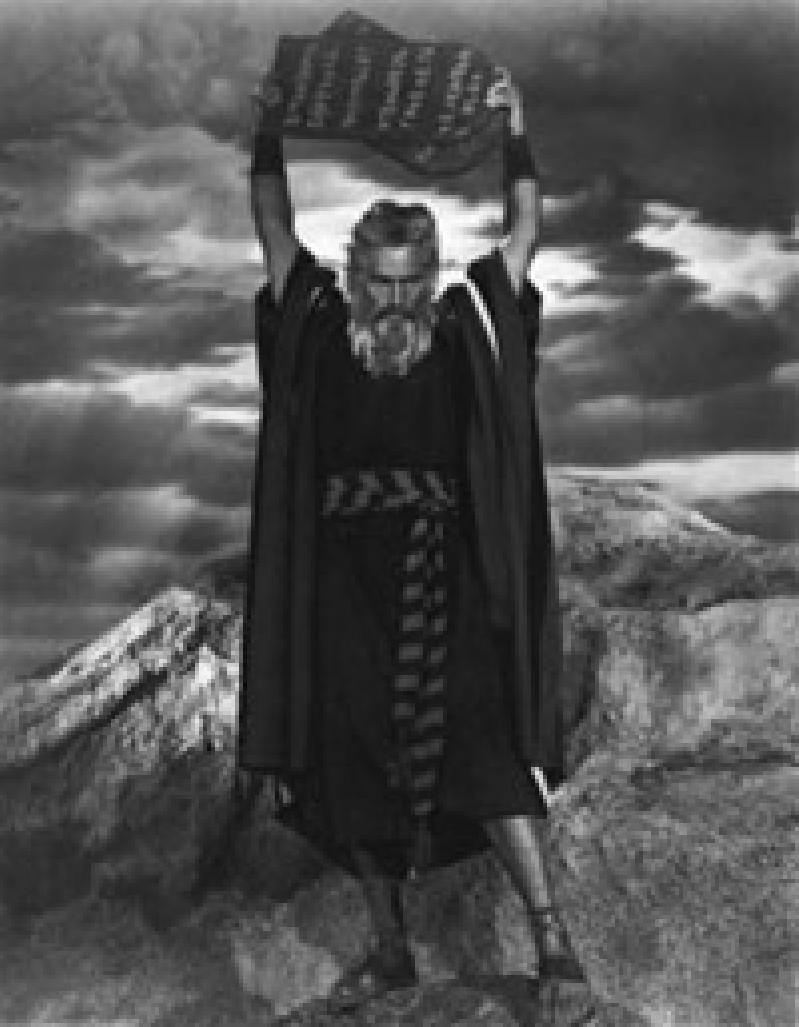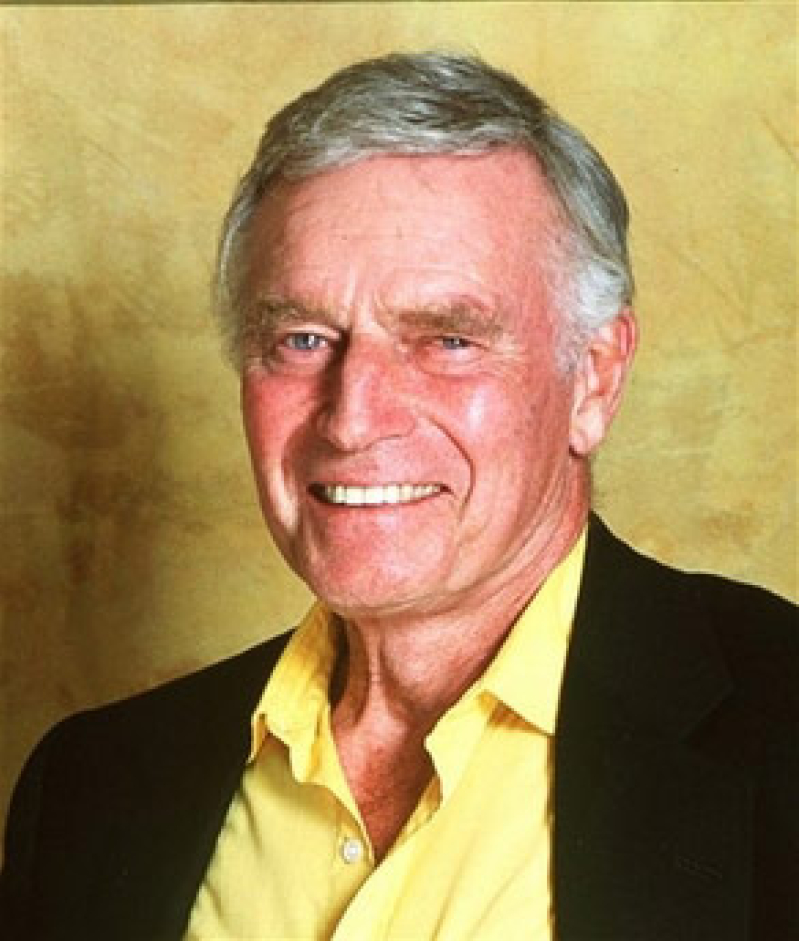

Charlton Heston, the actor who heard the voice of God as Moses in "The Ten Commandments" and met Jesus Christ face-to-face as a Jewish slave in "Ben Hur," died Saturday night at his Beverly Hills home. He was 84.
Lydia, who was married to the legendary actor for 64 years, was by his side when he passed away.
Heston "was seen by the world as larger than life," his family said in a statement.
"He was known for his chiseled jaw, broad shoulders and resonating voice, and, of course, for the roles he played. Indeed, he committed himself to every role with passion, and pursued every cause with unmatched enthusiasm and integrity."
His family thanked friends and fans for their prayers and support in the statement but did not mention the cause of his death.
"We knew him as an adoring husband, a kind and devoted father, and a gentle grandfather, with an infectious sense of humor. He served these far greater roles with tremendous faith, courage and dignity. He loved deeply, and he was deeply loved," they said.
Originally born John Charlton Carter on October 4, 1923, in Evanston, Ill., the actor created his pseudonym by combining his mother's maiden name, Charlton, with his stepfather's name, Heston, according to Agence France-Presse.
Heston went on to carve a name for himself in Hollywood. He eventually landed his breakthrough role when filmmaker Cecil B. DeMille casted him as a circus manager in the 1952 Academy-award winning movie "The Greatest Show on Earth."
The talented actor was also known for starring in several biblical epics that further emblazoned his achievements.
His physique and resonating voice often blurred the lines between actor and character, most notably in his portrayal of the iconic Moses in "The Ten Commandments." DeMille, who directed the Technicolor blockbuster, reportedly chose Heston for the role because he thought the muscular, 6 ft. 3 in., granite-jawed actor bore an uncanny resemblance to Michelangelo's famous statue of Moses.
"My choice was strikingly confirmed," De Mille wrote, according to The Los Angeles Times, "when I had a sketch made of Charlton Heston in a white beard and happened to set it beside a photograph of Michelangelo's famous statue of Moses. The resemblance was amazing; and it was not merely an external likeness."
In an interview several years ago with Christian movie critic Dr. Ted Baehr, publisher of Movieguide, Heston said it was during filming the "Commandments" with De Mille that his Christian faith was strengthened.
According to Baehr's tribute commentary on Heston, De Mille had fallen off a 4-foot ladder while preparing a shot and no one expected the movie to continue. The very next day, Baehr recounted Heston as saying, De Mille – a preacher's son – returned to the set, distributed copies of The New Testament and told everyone about "the saving good news of Jesus Christ and how Jesus Christ had healed him."
Heston had also spoken to Baehr about De Mille's strong Christian faith and understanding of how good the biblical stories were.
"Chuck said that this event changed his life and brought him close to Jesus Christ," wrote Baehr.
But Heston's most famous role came in 1959's "Ben-Hur," which earned him an Oscar for Best Actor.
The movie told the story of the life of Jesus Christ through a character named Judah Ben Hur, a Jewish prince who is sold into slavery and seeks revenge for his injustice. Judah's life and heart begins to overturn after his encounter with Jesus and eventually learns forgiveness through Jesus' sacrifice on the cross.
In the 1965 film, "The Greatest Story Ever Told," another story about the life of Jesus Christ, Heston played John the Baptist.
Even years later after he retired from his extensive film career, Heston appeared in another biblically-themed production – "Charlton Heston Presents the Bible," a four-part video series in which he narrates and presents the Bible. In the series, which was shot in the Middle East, Heston declared, "If you seek the Lord, you will find Him," according to Baehr.
In the early 1990s, Heston became involved in a Christian entertainment award ceremony hosted by Baehr's Christian Film & Television Commission. Baehr said Heston came for several years to present awards at the Annual Faith & Values Awards Gala & Report to the Entertainment Industry until his health prevented his participation.
According to AFP, Heston had hip replacement surgery in 1998 and survived prostate cancer that same year. In August 2002, he announced he had Alzheimer's disease.
The actor is also remembered for his political activism, including his involvement in the civil-rights movement and his stand for the right to bear arms.
Heston opposed abortion and appeared in the introduction to a 1987 pro-life documentary on late-term abortions.
He also spoke frequently of the culture war waged by liberals. In a speech in 1997 Heston argued that a generation of liberal media, educators, entertainers, and politicians were waging a war against “the God-fearing, law-abiding, Caucasian, middle-class Protestant, or even worse, evangelical Christian, Midwestern or Southern, or even worse, rural, apparently straight, or even worse, admitted heterosexual, gun-owning, or even worse, NRA card-carrying, average working stiff, or even worse, male, working stiff because, not only don’t you count, you are a downright obstacle to social progress," according to The Times Online.
President Bush, who presented the Presidential Medal of Freedom to Heston in 2003, praised Heston as "one of the most successful actors in movie history and a strong advocate for liberty."
"He was a man of character and integrity, with a big heart," Bush said, as reported by AFP.
He is survived by two children, Fraser Clarke Heston and Holly Heston Rochell, and three grandchildren, Jack Alexander Heston, Ridley Rochell and Charlie Rochell.







